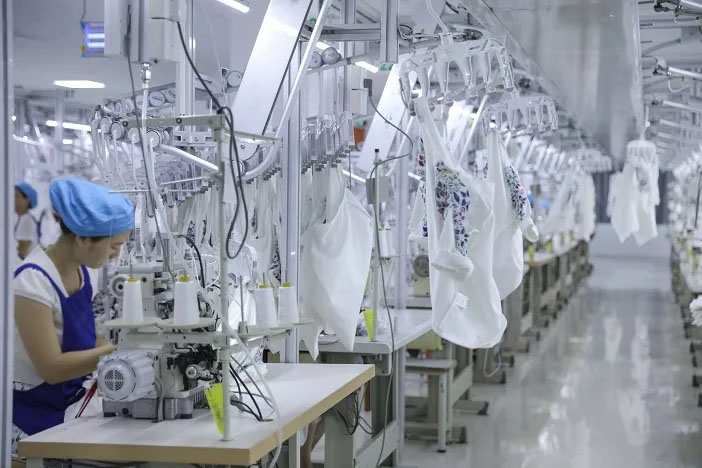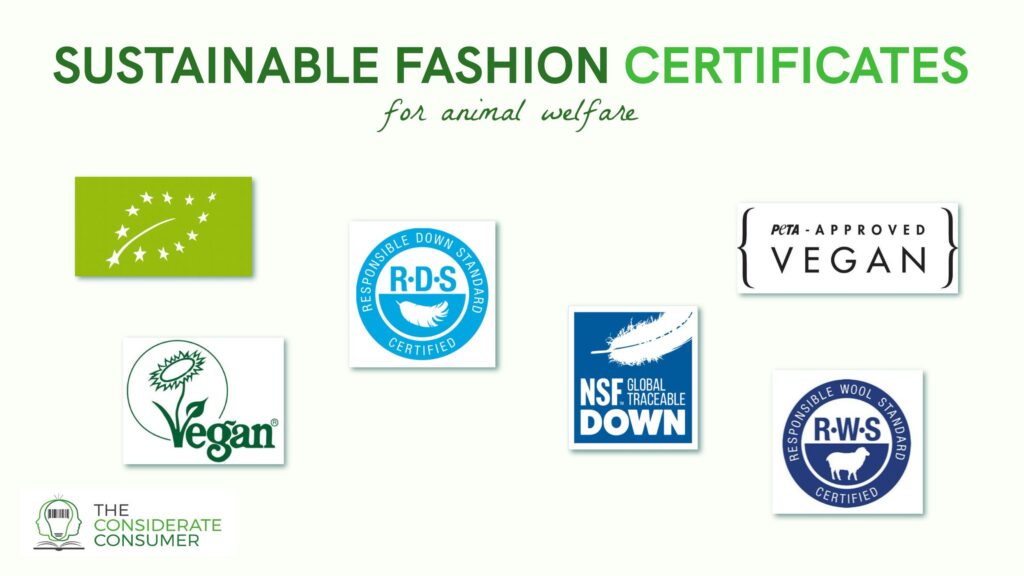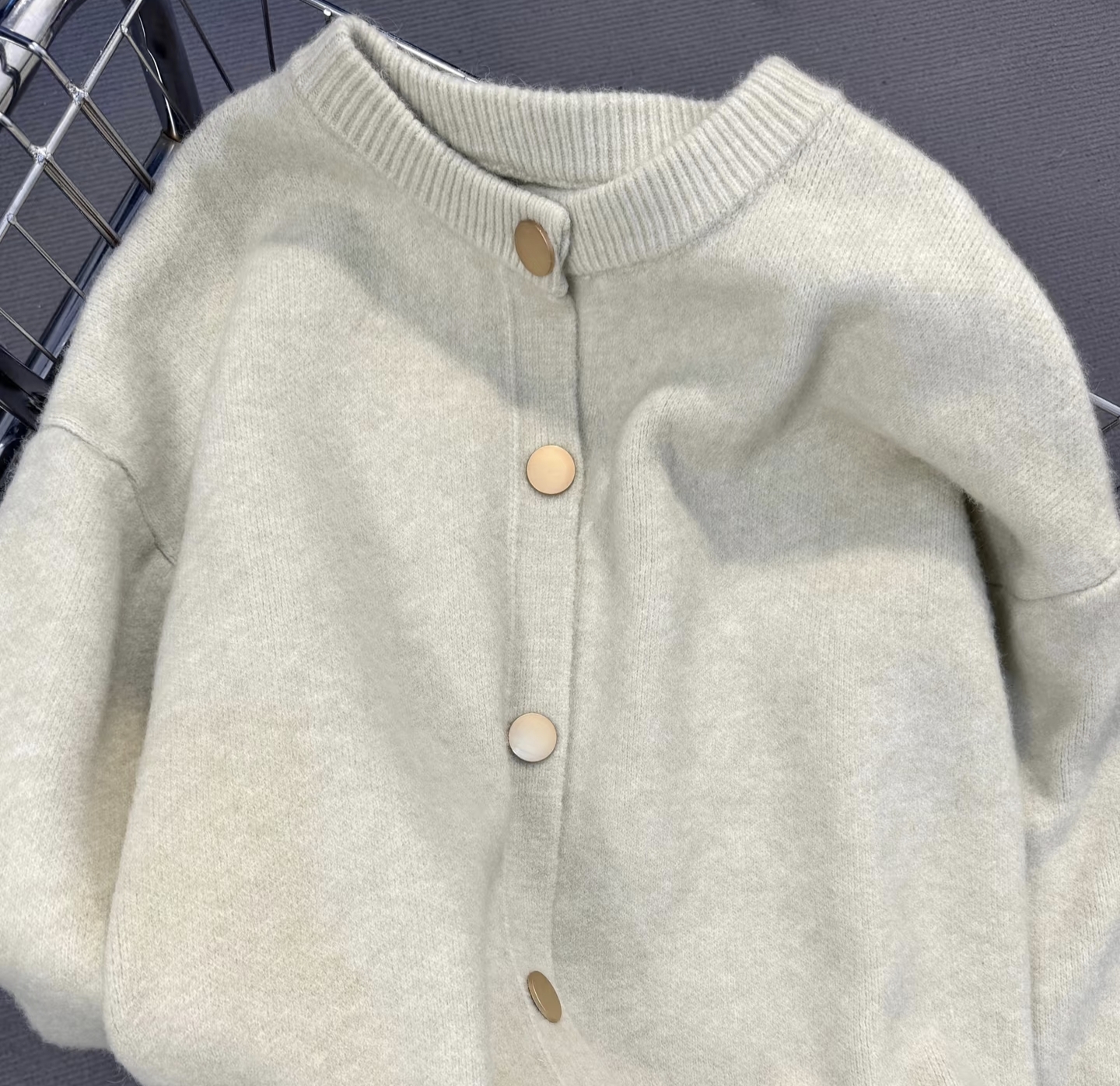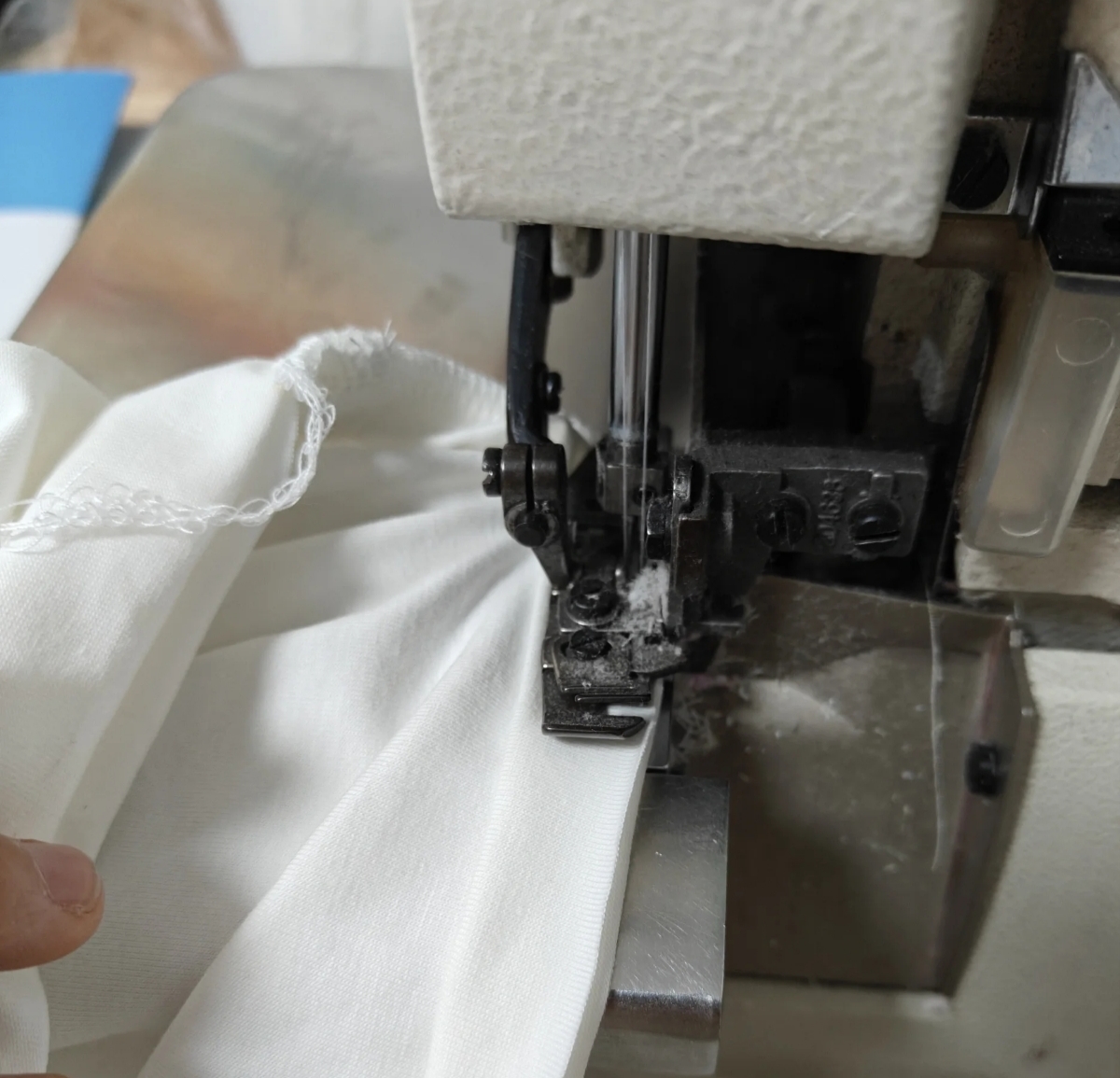When starting or expanding your clothing brand, finding a reliable and suitable manufacturer is a crucial step. The choice of manufacturer will not only affect the quality of the product, but also your brand reputation and market competitiveness. However, it is not an easy task to find an ideal partner among the many options. This article will provide you with a detailed guide to help you find the right clothing manufacturer smoothly.
Online directories are one of the best ways to find manufacturers. Thousands of manufacturers, suppliers, and wholesalers are listed in these directories. You can use these platforms to quickly browse different manufacturers and filter out suitable candidates based on your specific needs.

Read on to learn about the specific steps to take and the key criteria to pay attention to in the process of finding a manufacturer.
Why is it so important to choose the right manufacturer?
Choosing the right manufacturer is crucial to the success of your clothing brand. This not only affects the quality and delivery time of the product, but also directly affects customer satisfaction and the long-term development of the brand. Here are some key reasons to choose the right manufacturer:
1. Quality assurance: The manufacturer’s production capacity and technical level directly affect the quality of the product. High-quality products help build brand credibility and customer loyalty.
2. Cost control: The production costs of different manufacturers may vary significantly. Finding a manufacturer that can guarantee quality while controlling costs can help you stay competitive and increase your profit margins.

3. Production efficiency: The manufacturer’s production efficiency and delivery time will affect your product’s time to market. Choosing a manufacturer that can deliver on time can help you better manage inventory and meet market demand.
4. Partnership: Establishing a good partnership with the manufacturer can help solve unexpected problems in production and gain more support and flexibility in future cooperation.
Specific steps to find a manufacturer
Finding the right manufacturer takes time and strategy. Here are a few practical steps to help you find and screen manufacturers efficiently:
- Clear requirements: Before you start looking, you need to clarify your needs. This includes product type, production quantity, budget range, and delivery time. Clarifying these needs will help you screen manufacturers more targeted.
- Use online directories: Take advantage of online platforms such as Maker’s Row, Alibaba, and Global Sources, which list manufacturers and suppliers around the world. You can filter manufacturers based on conditions such as region, product type, and production capacity.
- Participate in industry exhibitions: Industry exhibitions are a good opportunity to communicate with manufacturers face to face. At the exhibition, you can directly see the product quality of the manufacturer, discuss cooperation details with them, and get more industry information.

- Seek recommendations: If you have acquaintances or partners in the industry, you can ask them for recommendations. Word of mouth and recommendations are usually effective ways to find reliable manufacturers.
- Initial communication: After screening out several potential manufacturers, you can have initial communication with them by phone, email, or video conference. Discuss your needs, ask for quotes, and learn about their production processes and management systems.
Key criteria for evaluating manufacturers
After finding several potential manufacturers, you need to conduct a comprehensive evaluation of them to ensure that you choose the most suitable partner. Here are several key criteria to consider when evaluating manufacturers:
- Product quality: Ask the manufacturer to provide samples and check whether the quality of their products meets your standards. You can also visit the factory to learn about their production equipment and quality control processes.
- Production capacity: Understand the manufacturer’s production capacity and ensure that they can meet your order needs, especially when the order volume increases. Do they have enough production capacity to cope with peak periods? Is their delivery time stable?
- Cost-effectiveness: Compare quotations from different manufacturers, but don’t just use price as the only criterion. Consider factors such as product quality, delivery time and service support, and comprehensively evaluate the cost-effectiveness of the manufacturer.
- Compliance and certification: Make sure that the manufacturer complies with local and international production standards and regulations, such as ISO certification, environmental protection standards, etc. This not only ensures product quality, but also avoids legal risks.

- Customer service: The quality of the manufacturer’s customer service is also one of the important criteria for evaluation. Are they able to respond to your questions and needs in a timely manner? What is their attitude when dealing with order issues? These will affect your future cooperation experience.
How to negotiate a contract with a manufacturer?
Once you have determined the manufacturer, the next step is to negotiate the contract. This is an important part of ensuring that the cooperation goes smoothly. Here are some things to pay attention to when negotiating a contract:
- Clarify the terms of the contract: Clarify the responsibilities and obligations of both parties in the contract, including product specifications, production quantity, delivery time, payment terms, intellectual property protection, etc. Make sure all terms are clear and unambiguous to avoid disputes.
- Set quality standards: Specify the quality standards of the product in the contract and agree on the testing and acceptance process. What if the product does not meet the standards? These need to be stipulated in the contract in advance.
- Set a delivery schedule: Clarify the delivery time and delivery batch, especially how to deal with urgent orders. Ensure that the manufacturer can deliver on time and include compensation clauses for delayed delivery in the contract.
- Intellectual Property Protection: Ensure that there are clear intellectual property protection clauses in the contract to prevent the manufacturer from leaking or misappropriating your design and technology.
- Payment method: Agree on payment terms, such as advance payment, installment payment, or cash on delivery. Ensure that the payment method meets your cash flow management needs and include refund or deduction clauses due to quality issues in the contract.
- Dispute Resolution: Specify dispute resolution methods in the contract, such as arbitration or litigation, to ensure that there is a clear way to deal with disputes when they occur.






